
Republic of Kazakhstan
Email: ccasc@kimep.kz
This weekly section provides an overview of key political, economic, and social developments across the five Central Asian states. It highlights the region’s most relevant policy trends, international engagements, and sectoral updates in areas such as energy, digital development, environment, and finance. The section is compiled and edited by Maryam Agharabi, Coordinator of the China & Central Asia Studies Center. For enquiries, you may contact maryam.agharabi[a]kimep.kz.
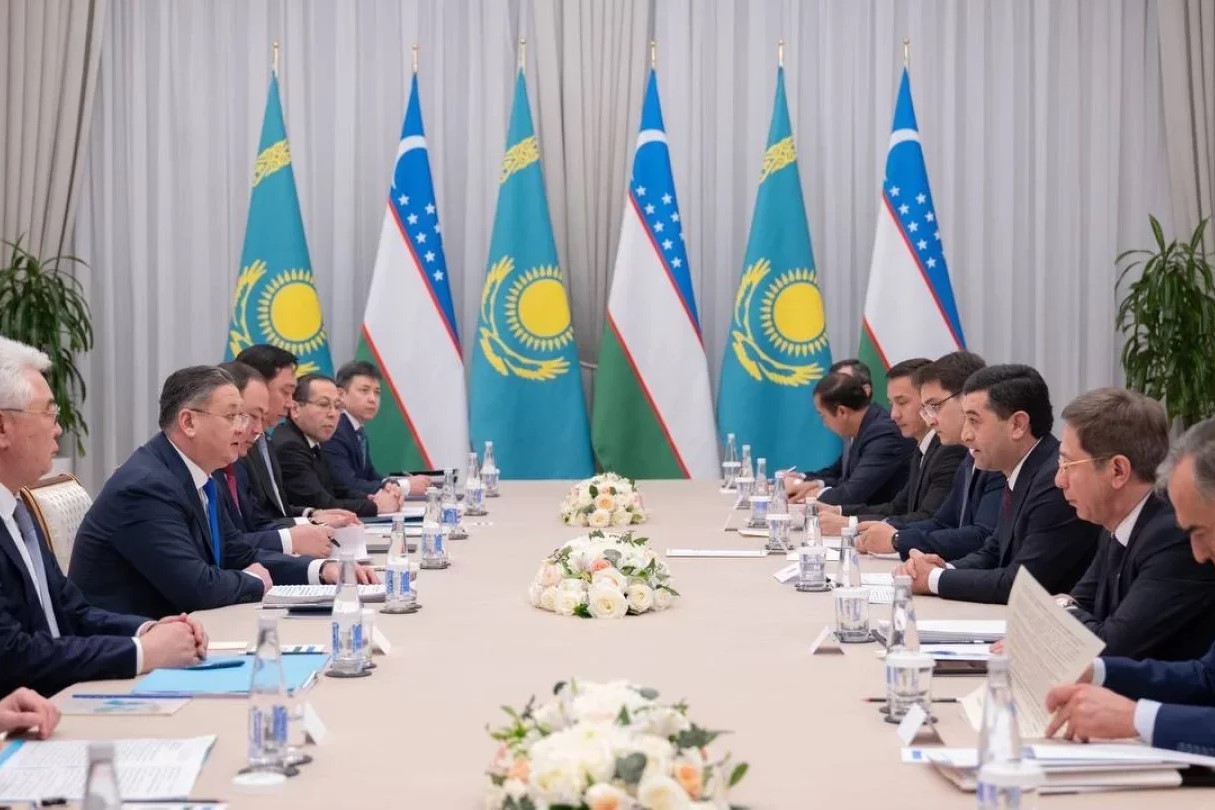
Last week, the media in Central Asia covered several crucial political events, such as Tajikistani President Emomali Rahmon’s visit to Moscow and Kazakhstan and Uzbekistan holding their first Foreign Ministers’ Council Meeting. They also covered various important stories pertaining to nuclear energy. For instance, Kazakhstan established a new Nuclear Energy Agency, the head of UzAtom confirmed they were negotiating with French companies to participate in the construction of a small NPP in the Jizzakh region, and Kazatomprom revealed that it doubled its profits last year. Several outlets reported on Kazakhstan and China signing their first MoU regarding water resource management. Other sources noted the announcement that Tajikistan and Kyrgyzstan will inaugurate a new high-voltage electricity transmission line as part of the CASA-1000 project. As countries in the region continue to struggle with inflation, the Uzbekistani Central Bank confirmed it raised its base interest rate to 16%.
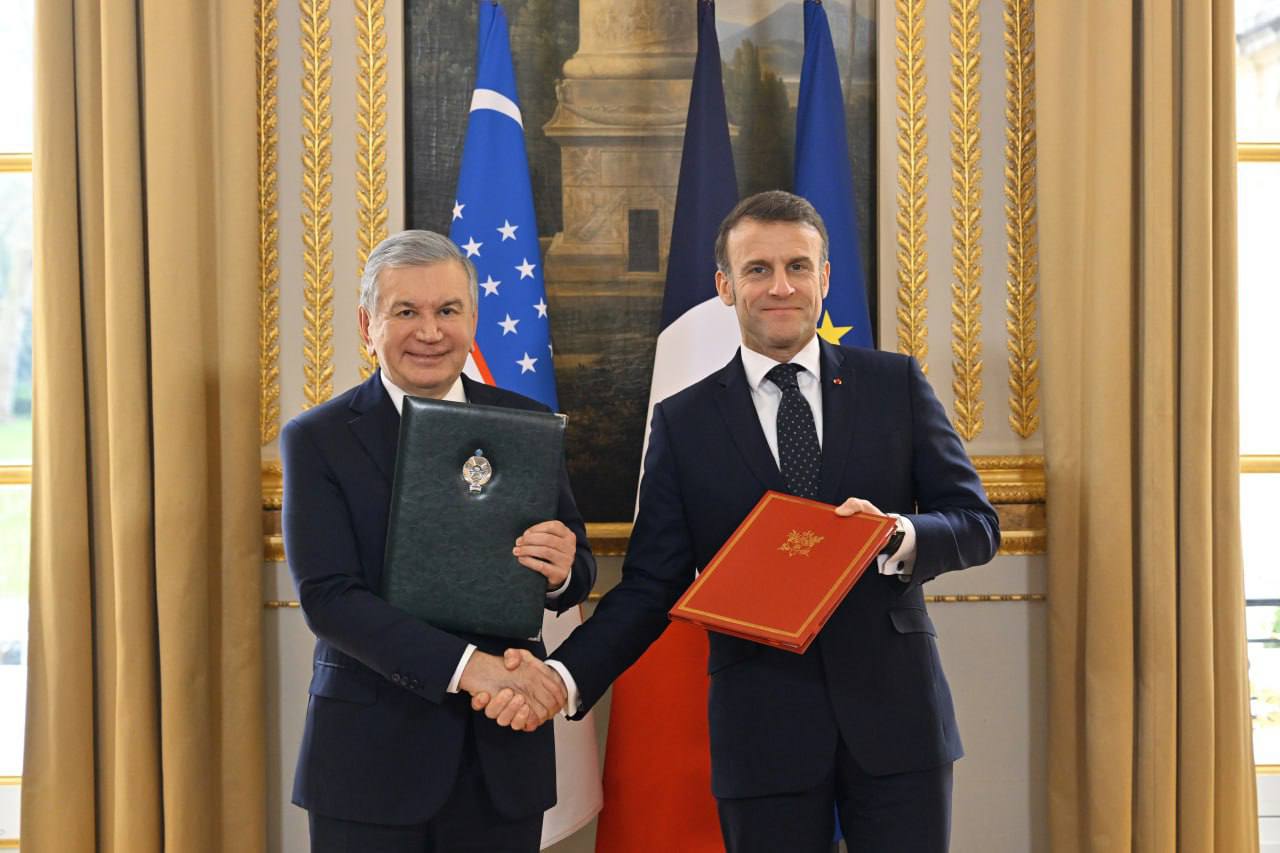
Last week, the media in the region covered several diplomatic visits, including President Mirziyoyev’s visit to France, President Rahmon’s visit to Kyrgyzstan, and EU Commissioner Síkela’s tour of Central Asia ahead of the first EU-Central Asia Summit. Several outlets reported that Russia and Uzbekistan agreed to streamline the work permit application. Others noted Kazakhstan's announcement that German and Canadian companies had begun exploring several new deposits and that Kazakhstan once again surpassed its OPEC quota in February. Lastly, multiple sources also covered Kyrgyzstani President Sadyr Japarov’s proposal for a visa-free regime in Central Asia.
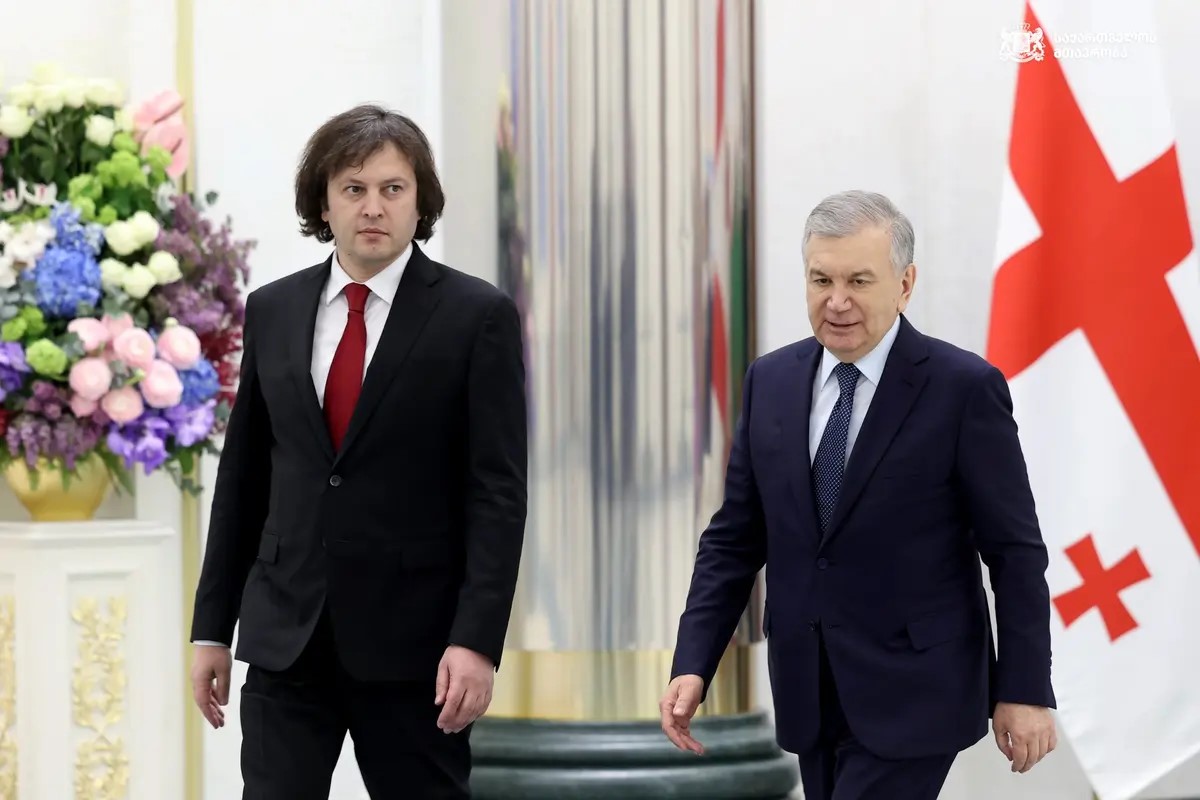
Last week, the media in the region reported on several critical investment and trade stories, such as the new cargo train service connecting Kazakhstan and Uzbekistan with India, Uzbekistan and Turkmenistan launching a free trade regime; Uzbekistan investing $2.6 billion in rare earth minerals, and Kazakhstan building a $1.35 billion fertilizer production facility. They also reported on numerous energy stories, including the surge in Kazakhstani oil production and Eni’s withdrawal from several offshore projects in Kazakhstan. Multiple outlets also reported on various diplomatic visits, such as the Kyrgyzstani PM’s visits to Tajikistan and Vietnam, the Kazakhstani PM’s visit to Azerbaijan, and the Georgian PM’s visit to Tashkent. Other sources also covered the inflation situation across the region.
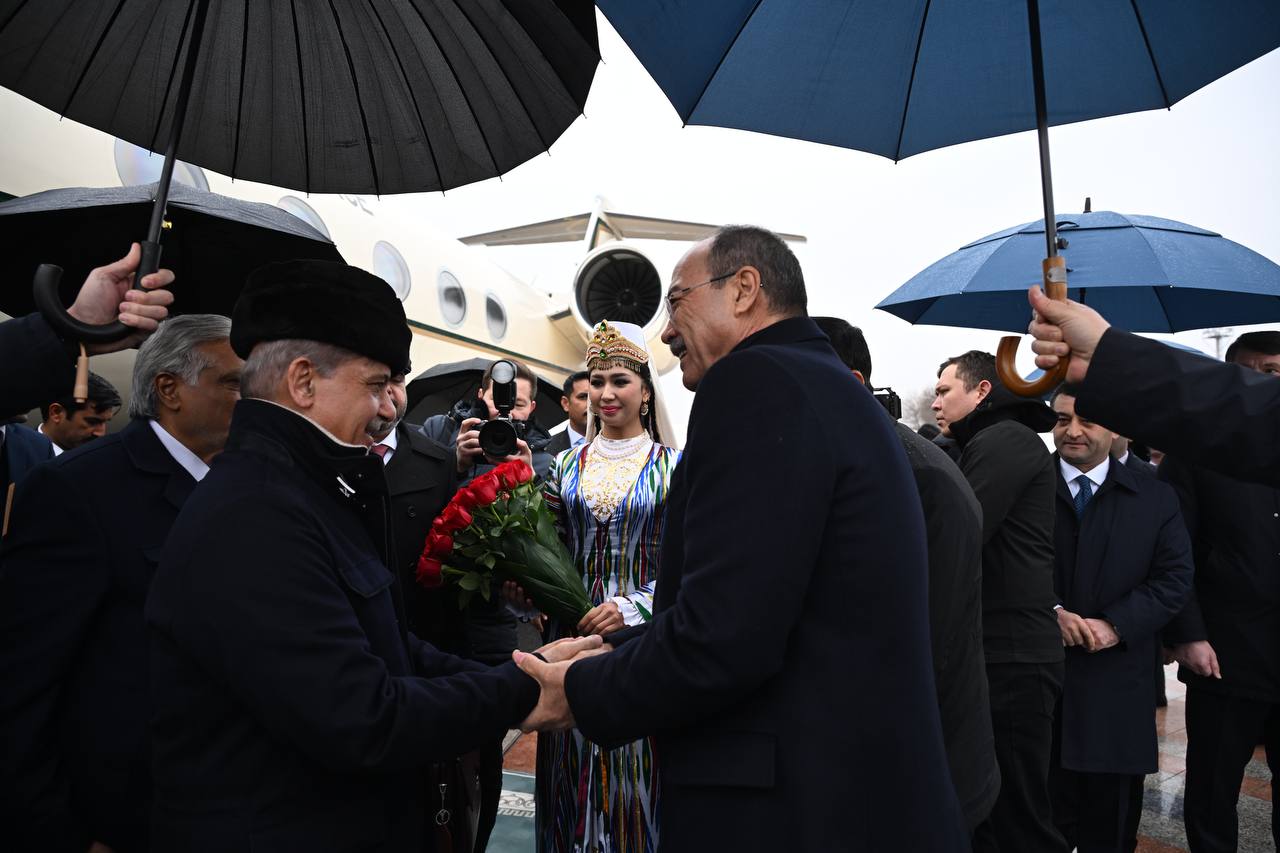
This week, the media in the region covered several critical diplomatic events, including the Kyrgyzstani Prime Minister’s visit to Astana, the Pakistani Prime Minister’s visit to Tashkent, and new details from the Kyrgyzstani-Tajikistani border agreement. They also reported on numerous energy stories, including Kazakhstan confirming where it will build its first nuclear power plant, electricity demand rising by 4% across Central Asia last year, and Kazakhstan halting all exports of petroleum products. Several outlets have noted Kazakhstan's plans to build a new $1.2 billion steel plant and Tajikistan's signing of a contract with a Chinese company to construct the longest bridge in Central Asia. Multiple sources also covered the new EU sanctions package that targeted two Kazakhstani companies.
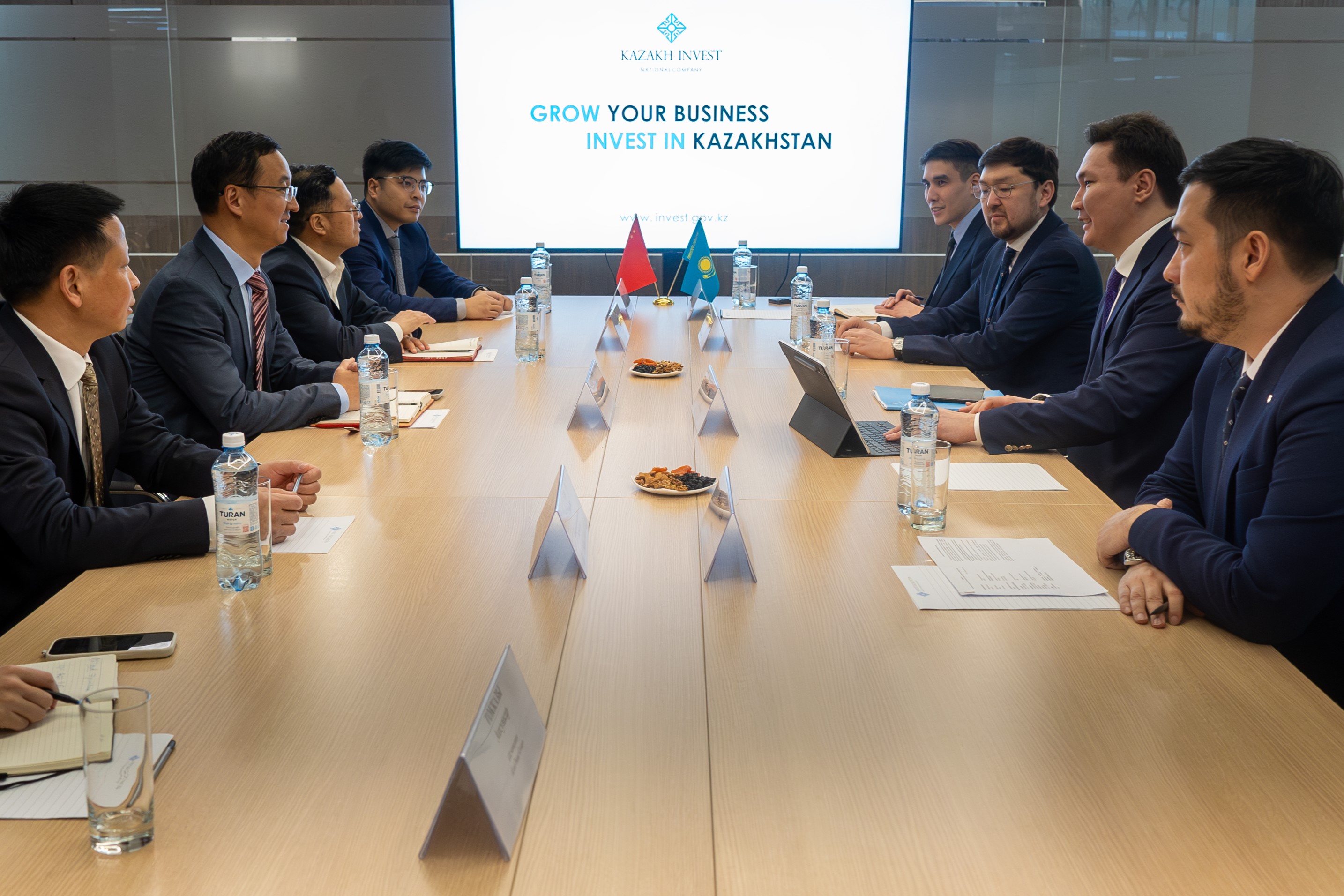
This week, the media in the region covered several substantial investment and infrastructure stories, including the Chinese company East Hope Group investing $12 billion in a new metallurgical complex in Kazakhstan, Uzbekistan securing critical funds for its green transition from the ADB and IsDB, and an American consortium winning the contract to construct the $3 billion Makmal-Karakol railway. The media also reported on several diplomatic events, including President Mirziyoyev’s visit to Kuwait, President Tokayev’s visit to Jordan, and Kyrgyzstan and Tajikistan signing a historic border agreement. Multiple sources also focused on the drone attack on the CPC pipeline, which transports most of Kazakhstan’s oil exports. Nevertheless, it appears that there has been little disruption to its operation. Lastly, several outlets also focused on the impact of U.S. aid cuts in the region, with countries such as Afghanistan likely to face significant difficulties.
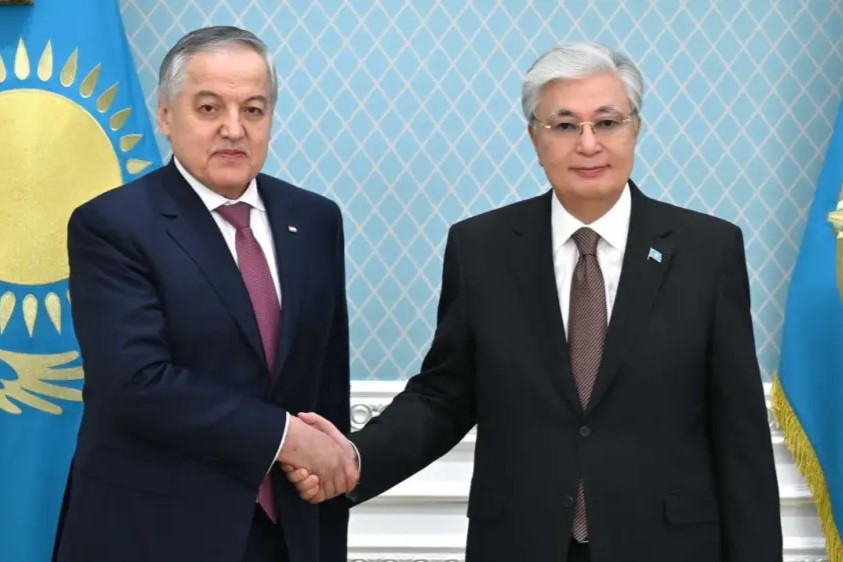
This week, the media in the region covered several important energy stories, such as Türkiye and Turkmenistan finalising a deal that will see Turkmenistani gas exported to Türkiye through Iran and Uzbekistan’s plans to form an international consortium to develop its nuclear energy potential. They also reported on a number of trade developments, including Russia lifting restrictions on the transit of Kazakhstani agricultural products and Uzbekistani and Pakistani businessmen negotiating of 181 deals valued at $500 million at the “Made in Uzbekistan” expo in Pakistan. Several outlets noted Afghanistan concluded a $264 million contract to design a new railway from Herat to Kandahar and the Canadian mining company, Ivanhoe Mines, began the exploration of a significant copper deposit in Kazakhstan. Lastly, multiple sources also covered the surge in remittances received by Kyrgyzstan.
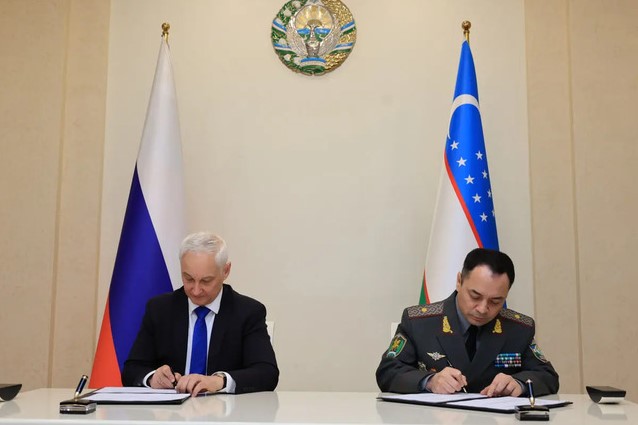
This week, the media in the region covered several banking stories, such as Keremet Bank of Kyrgyzstan no longer issuing Visa cards following sanctions imposed by the U.S., and Kazakhstan’s Kaspi and Home Credit banks ceasing to provide debit cards to foreigners in Kazakhstan without a residence permit. They also covered several energy-related stories, including the government receiving five bids for the Kambar-Ata 1 HPP in Kyrgyzstan, and Uzbekistan reporting a steep rise in gas imports. Multiple outlets reported that Kazakhstan will choose a principal contractor for its NPP by June 2025. Other sources noted Russia’s and Uzbekistan’s concluding a strategic military partnership, and the EBRD publishing its record investments in Central Asia last year. The media also analyzed the World Bank’s latest growth forecasts for the region.
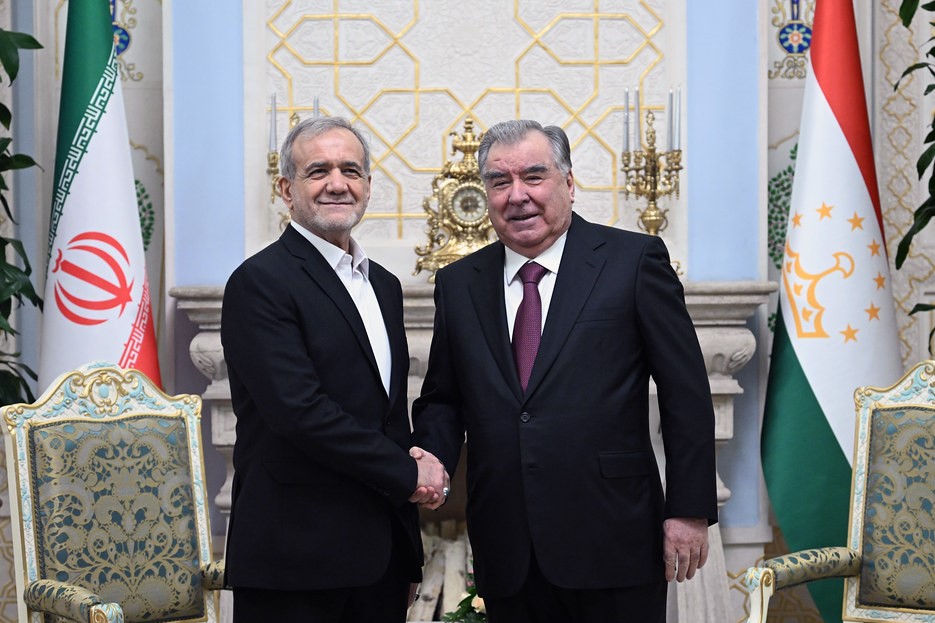
Last week, the media in the region reported on the U.S.’s decision to sanction Keremet Bank. They also covered Presidents Mirziyoyev and Tokayev’s respective visits to the UAE and their attendance at the Adu Dhabi Sustainability Week summit. Several sources noted President Trump’s Secretary of State nominee, Marco Rubio, is considering removing trade restrictions on Central Asian states. Multiple outlets also discussed Iranian President Masoud Pezeshkian’s visit to Tajikistan. They also reported on AD Ports Group’s investment in Aktau Port and the construction of the TAPI pipeline.
